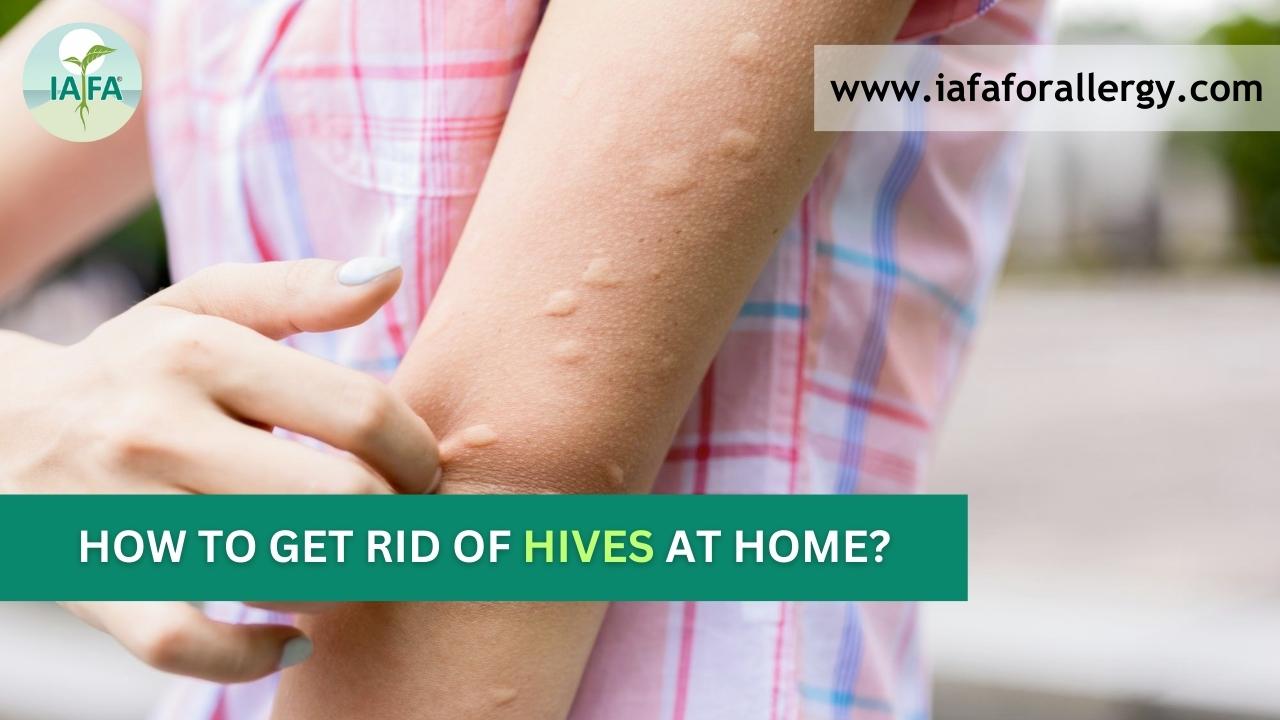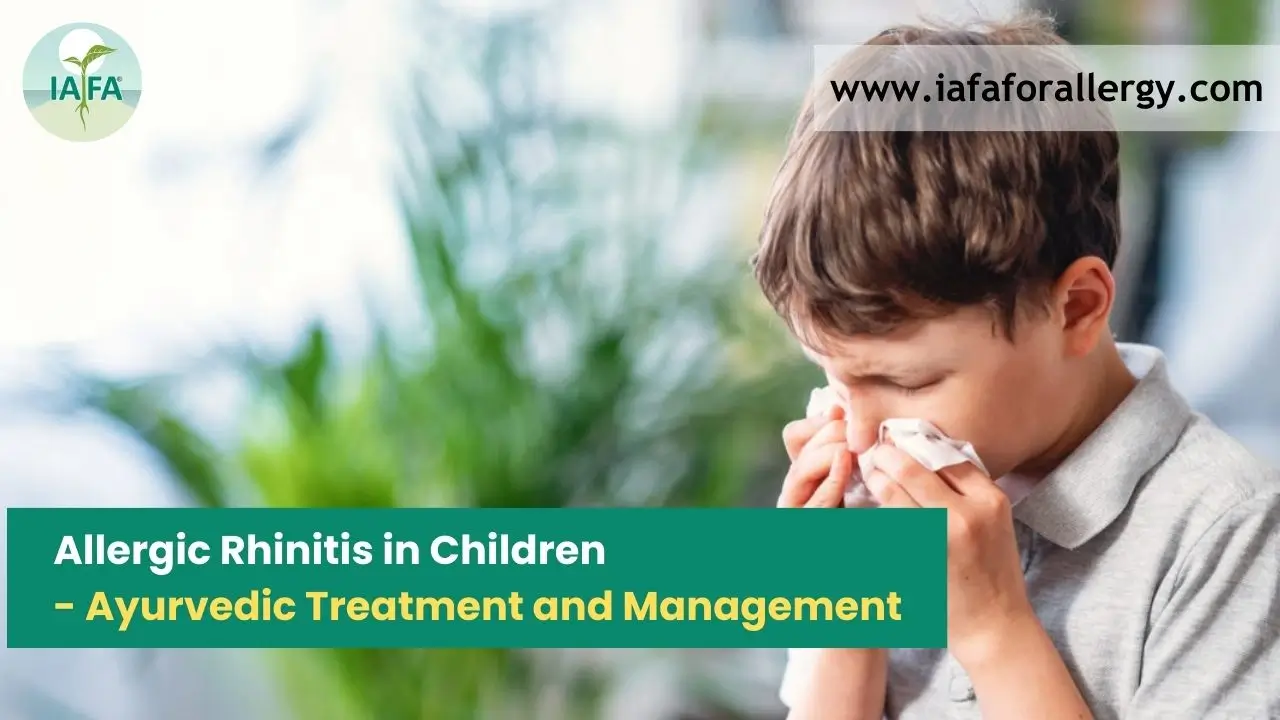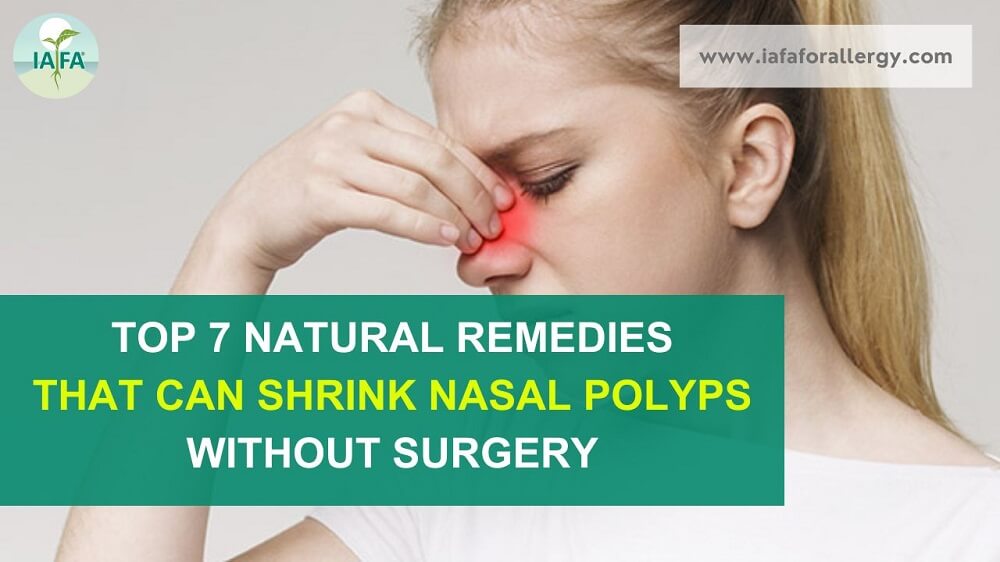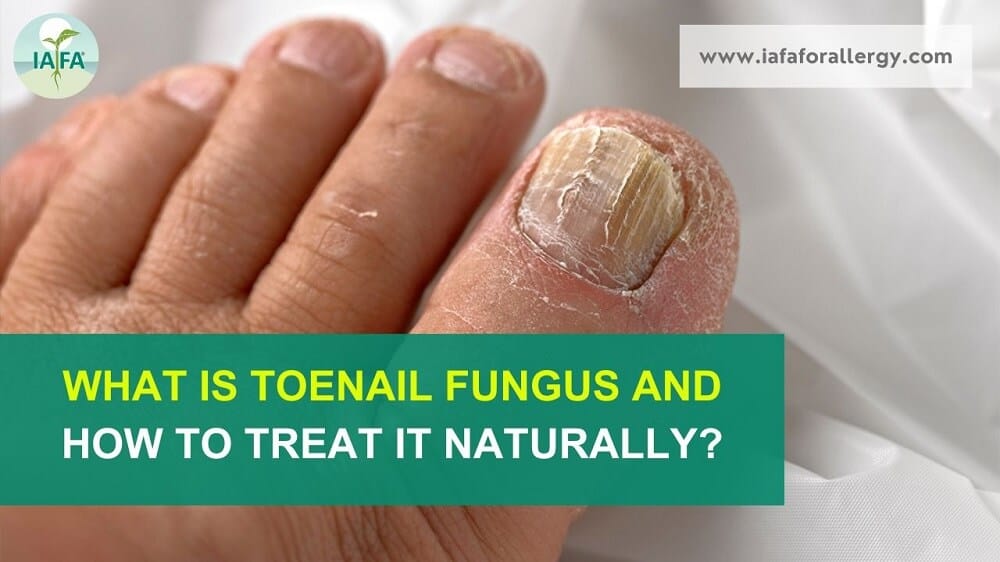A Brief About the Disease
Hives also known as Urticaria are the rashes that can be seen in people who have been exposed to any insect bite sting, accumulation of toxins, or harsh chemicals. There are many types of hives and the symptoms can vary from person to person and also based on the severity of the disease. Causes of hives can be numerous and knowing the exact cause of the disease is the underlying factor for the proper treatment of the disease. Let’s know how one can get rid of hives by staying at home through this blog.
What are Hives? – As Per Ayurveda
Ayurveda explains Hives as Shitapitta, an inflammatory skin condition that is caused by (Vata (Life Force) and Kapha (Life Force) Dosha gets aggravated and in turn mixed with Pitta Dosha (Life Force) and produces red skin rashes Sheetpitta.) Ayurveda says that an imbalance of doshas is the main reason for the occurrence of the condition adding to the altered and weakened immune response by our bodies.
Types of Hives
Hives come in various forms and can be classified based on their duration, appearance, and underlying causes. Here are some common types of hives:
- Acute Urticaria
- Chronic Urticaria
- Physical Urticaria
- Aquagenic Urticaria
- Solar Urticaria
- Idiopathic Urticaria
- Allergic contact dermatitis
- Drug-induced Urticaria
- Insect Bite Allergy
Causes of Hives
Hives can have various causes, and they typically occur when histamine and other chemicals are released into the skin, leading to localized inflammation and the characteristic raised itchy welts.
Here are Some Common Causes of Hives:-
- Allergic reactions
- Certain medications like the use of penicillin in some people can cause hives which could be temporary and can go on their own.
- Insect bite stings
- Weakened immune system
- Stress can induce urticaria or can exaggerate the condition in some people.
- Food sensitivities
- Autoimmune disorders
- Contact allergens and
- Infections
Causes of Hives – As Per Ayurveda
In Ayurveda, hives or skin rashes are typically attributed to imbalances in the doshas (Vata, Pitta, and Kapha) dominantly pitta doshas and Aahar Asatmayata. Ayurveda views hives as a manifestation of underlying imbalances, and the specific causes can vary from person to person.
- Allergic Reactions (Raktaja Srotas Dushti):- In Ayurveda, hives caused by allergies are often associated with an aggravation of Pitta dosha. Consuming foods or substances that increase heat and acidity in the body can trigger these hives. Common allergenic foods may include spicy, sour, or fermented items.
- Stress (Manasika Srotas Dushti):- Emotional stress and mental disturbances cause the imbalance of the doshas and vitiate them leading to hives or skin rashes.
- Improper Diet (Ahara):- Consuming foods that are incompatible with your constitution (Prakriti) or eating heavy, oily, and processed foods can lead to digestive problems and toxin buildup. This accumulation of ama can manifest as skin issues, including hives.
- Toxic Buildup (Ama):- The accumulation of toxins in the body due to poor digestion and a sedentary lifestyle can lead to skin allergies, including hives. Ayurveda recommends regular detoxification practices (Panchakarma) to remove ama from the body.
- Exposure to Harsh Environmental Factors (Parayavaran Dushthi):- Excessive exposure to the sun (Surya), wind (Vayu), or cold weather can aggravate the doshas and contribute to skin issues like hives.
- Infections (Jantu Dushthi):- Infections caused by parasites or microbes can disturb the body’s equilibrium and result in skin rashes, including hives.
- Excessive Exercise (Ati Vyayama):- Overexertion or intense physical activity, especially when the body is not adequately warmed up can increase heat and Pitta in the body, triggering hives.
- Excessive Alcohol or Tobacco Use (Madya-Sevana):- Overindulgence in alcohol or tobacco can disturb the doshic balance and contribute to skin problems. It can exaggerate the pitta dosha and lead to the second stage of hives i.e. angioedema.
Symptoms of Hives
Hives typically present with distinctive symptoms that include the sudden appearance of raised, red, itchy welts or wheals on the skin. These welts can vary in size and shape and may appear and disappear over a short period. The main symptoms of hives include:
- Raised red bumps
- Itching
- Wheels
- Burning or stinging sensation
- Angioedema
Effective Hive Treatment Options
Ayurveda offers the best holistic therapy for the treatment of hives. It consists of potent herbs, classical herbal medicines, internal medications, external herbal medications, and other Ayurvedic procedures to relieve hives naturally. Let’s discuss them one by one thoroughly. Keep reading!
Potent Herbs
- Pitpapra (Fumaria indica)
- Bhoomi Amla (Phyllanthus niruri)
- Manjistha (Rubia cordifolia)
- Khadira (Senegalia catechu)
- Chirayita (Swertia chirayita)
- Kutaja (Holarrhena pubescens)
- Triphala (Amalaki – Emblica officinalis – Amla, Bibhitaki – Terminalia bellirica – Baheda, and Haritaki – Terminalia chebula – Harad)
- Katuki (Picrorhiza kurroa)
Classical Medicines
Some of the classical medicines that play a key role in the treatment of Urticarial rashes are:
- Sheeta Pitta Bhanjan Rasa
- Haridrakhandam Choornam
- Moti Pishti
- Gandhak Rasayan
- Patolakaturohinyadi Kashayam
- Aragwadhadi Kashayam
IAFA’s Herbal Medicines
IAFA Ayurveda is the leading Ayurvedic Allergy Care Centre for the treatment of a wide range of allergies, fungal infections, and other lifestyle disorders. IAFA Ayurveda offers below given external and internal medications (natural remedies) for the treatment of hives.
To get rid of hives by staying at home, you must consult with the Ayurvedic physician of IAFA Ayurveda online before taking these natural remedies.
Internal Medicines includes:-
The following internal medications can be used for the hive treatment:
External Medicines includes:-
Along with the above-mentioned internal medicines, external medications can be given which could fasten the recovery.
Dietary and Lifestyle Modifications
Dietary and lifestyle modifications can play a significant role in managing hives (urticaria) by addressing potential triggers and promoting overall health. Here are some dietary and lifestyle recommendations for hive treatment:
Dietary modifications includes:-
- Identify and Avoid Trigger Foods:- Keep a food diary to track what you eat and when hives occur. This can help you identify and avoid specific foods that trigger your urticaria. Common trigger foods can include shellfish, prawns, various seafood, nuts, dairy, and certain food additives.
- Pitta Pacifying Diet:- Consider intake of Pitta pacifying diet as most skin diseases are due to the domination of excess pitta dosha in the body. Avoid highly spiced foods, and sour and salty foods which can exaggerate the pitta dosha and worsen the condition.
- Anti-Inflammatory Diet:- Focus on an anti-inflammatory diet that includes plenty of fruits, vegetables, whole grains, and lean proteins. These foods can help reduce inflammation, which may be a contributing factor to hives.
- Hydration:- Drink plenty of water to stay well-hydrated. Proper hydration can help maintain healthy skin and potentially reduce the severity of hives.
- Limit Histamine-Rich Foods:- Some individuals with chronic urticaria may have sensitivities to histamine-rich foods. These can include aged cheeses, processed meats, fermented foods, and alcohol. Reducing histamine-rich foods may be beneficial for some people.
- Avoid Food Additives:- Certain food additives, such as preservatives and artificial colorings, can trigger hives in sensitive individuals. Check food labels and avoid products containing these additives.
Lifestyle modifications includes:-
- Stress Management:- Stress can exacerbate urticaria symptoms. Practice stress-reduction techniques such as yoga, meditation, deep breathing exercises, or mindfulness to help manage stress.
- Physical Activity:- Engage in regular physical activity to promote overall health and reduce stress. However, be mindful of any exercise-induced triggers, such as heat or sweating, and adjust your activity accordingly.
- Skin Care:- Avoid hot showers and baths, as hot water can worsen itching and exacerbate hives. Use lukewarm water for bathing and prefer gentle, fragrance-free skincare products.
- Avoid Irritants:- Be cautious of potential skin irritants, such as harsh soaps, detergents, and perfumed lotions. Opt for hypoallergenic and fragrance-free products.
- Sun Protection:- Protect your skin from excessive sun exposure, as sunburn can trigger hives in some individuals. Use calamine lotion or any other Ayurvedic cream that suits your skin, wear protective clothing, and seek shade when necessary.
- Monitor Medications:- If you suspect that medications may be triggering your hives, then it would be better if you could consult your healthcare professional and ask for changes in the medications.
- Adequate Sleep:- Ensure you get enough restorative sleep, as sleep deprivation can weaken the immune system and potentially worsen hives.
Also Read – A Case Study – Successful Ayurvedic Treatment of Chronic Urticaria (Sheetpitta)
FAQs
Q1) How Do I Cure My Hives Naturally?
Ans. Hives can be cured naturally by avoiding alcohol, cigarette smoking, high histamine foods, and by following a healthy diet and lifestyle modification. If it still persists you should consult a doctor for further management.
Q2) How Long Does It Take for Hives to Go Away?
Ans. Hives can go on it’s own within a few weeks but some can be worsened and require precise treatment for a few months. So usually, the treatment of hives can take a few weeks to months to get cured completely with the help of Ayurvedic medicines.
Q3) What Triggers Hives?
Ans. Hives can be triggered by some foods like eggs, fish, peanuts, medicines, pollens, latex, extreme cold, heat, and insect stings. If you’re allergic to any of these, it’s better to avoid them in the first place, and once you’ve been attacked by any of these, try to stay away from them.
Q4) How to Treat Hives in Ayurveda?
Ans. Ayurveda offers a holistic approach to the treatment of hives with the use of potent herbs, herbal medicines, and other Ayurvedic procedures. Herbs like Pitpapra, Bhoomi Amla, and Manjistha can do wonders for your urticaria. If hives don’t get treated completely with Ayurvedic herbs, then panchakarma is the best option. Either herbal medicines or Ayurvedic procedures can offer the best solution for mild or chronic urticaria.
Q5) Which Foods Reduce Hives?
Ans. Pitta Pacifying and alkaline-rich food help in the reduction of symptoms of hives. Fruits like Apple, Pomegranate, Bael, Pears, Plums, Peaches. Vegetables like Spring onion, Asparagus, Fennel, Onion, Watercress, and Cucumber.
Q6) Will Hives Go Away on Their Own?
Ans. Hives, if the symptoms are mild can go on their own and do not require any precise treatment but if the symptoms worsen due to any triggers, they require precise treatment and will take a few weeks to get completely cured.
Q7) Why Do Hives Get Worse at Night?
Ans. It’s often believed that hives are worse at night, some evidence even suggests that mast cells, the cells that are responsible for histamine release, are sensitive to circadian rhythms, so because of the change in circadian rhythms, hives get worse at night.
Q8) What is the Best Cream for Hives?
Ans. IAFA’s 333 cream is the best cream for instant relief of hives. IAFA’s 333 cream is made of skin wellness herbs like Sveta kutaj, Karanj, Shrish, and Nimba blended with coconut oil helps in the reduction of redness and inflammation of the rashes.
Q9) Does Coconut Oil Cure Hives?
Ans. Coconut Oil is the best natural moisturiser and if applied on the rashes can cure redness and inflammation in less than an hour. It comforts the skin and soothes the hives associated with itching.
Q10) Can Hives Be Cured Permanently?
Ans. Yes, with Ayurvedic medicines hives can be cured permanently. Ayurveda offers a holistic approach by incorporating potent herbs, herbal medicines, and Ayurvedic procedures like Panchakarma for the treatment of the root cause of the disease.
Q11) Does Turmeric Help with Hives?
Turmeric (Curcuma longa) is one of the best home remedies for reducing the intensity of hives. Curcumin present in turmeric is known for its anti-inflammatory properties and can reduce inflammation and redness if applied topically. Make a thick paste of turmeric and apply it to the rashes for the prevention and cure of hives.
Wrapping-Up
Hives (Urticaria) or sheetapitta can be caused due to many reasons and symptoms also vary based on the type of allergic rash. Finding out the root cause of the disease and focusing on its elimination is the key to proper. Ayurveda suggests some lifestyle changes, herbs, and herbal medication for the hive treatment.
IAFA Ayurveda follows the principles of Ayurveda and provides safe and effective natural remedies to get rid of hives by staying at home. Consult now with Dr. Sahil Gupta and be among those who are living a life free of allergies, rashes, skin issues, fungal infections, and pediatric diseases.








